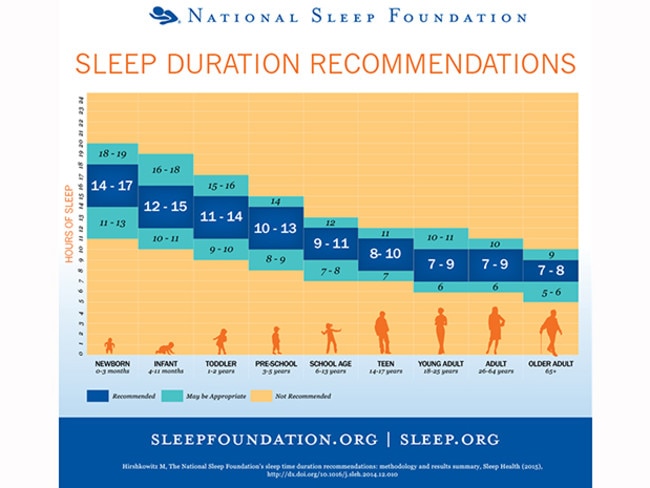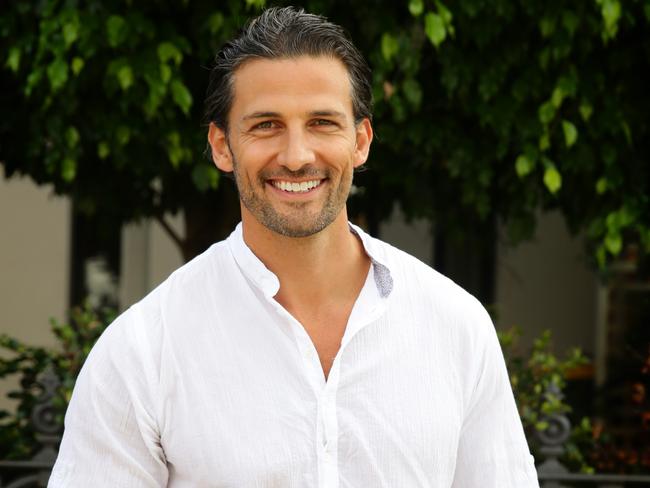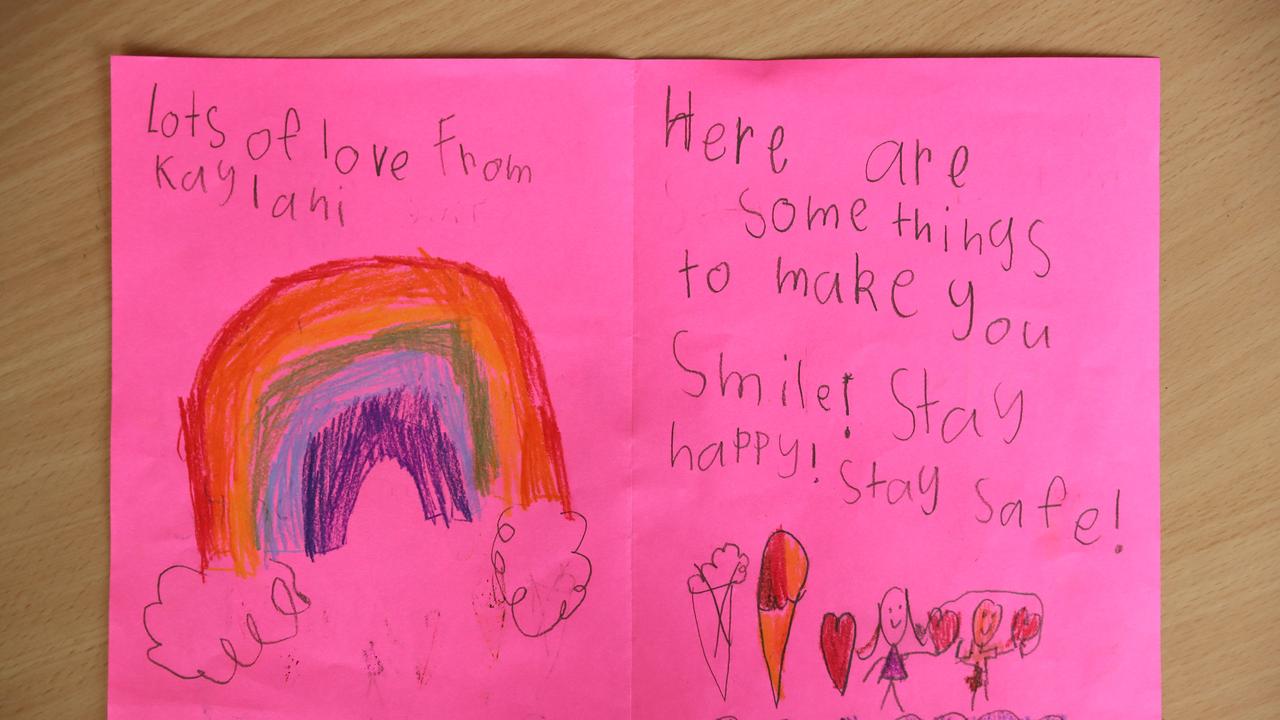How much sleep do you really need?
DO YOU curse at the world when the alarm screams at you in the morning, waking you from a pure, blissful slumber? We know how you feel — but should you be feeling like that?

YOU’RE about to walk centre stage with your favourite rock star … You put your ultimate sports car into first gear and drive off into the sunset … You lean forward into a moment of passion with your ultimate crush …
Do you get grumpy and curse at the world when the alarm screams at you each morning, waking you from the pure bliss that is the perfect dream? You needed just one extra hour of sleep to finish your slumber and wake up feeling refreshed and rejuvenated, right? Instead, you wake up in a startle, kicking your day off with a huge boost of stress hormones that may remain elevated all day. You then wonder why you snap at your partner on the way out the door, but you wink at your barista for the extra shot of caffeine you’re craving to wake you up.
Are you getting enough sleep? Really? The common answer is no. Most of us are not getting enough sleep and the consequences go far beyond just feeling tired and sluggish the next day.
Getting less than five hours of sleep per night may double your risk of cardiovascular disease. Research has also found a persistent link between lack of sleep and weight gain, insulin resistance, and now diabetes.
People now get one to two hours less sleep each night, on average, compared to 60 years ago. A primary reason for this is the proliferation of electronics, which also allows us to work, play and procrastinate later than ever before. Around 10 per cent of the population take sleeping pills, a third of them every night.
The latest sleep studies and guidelines to come out of the States were led by Harvard professor Charles Czeisler. The panel of experts reviewed more than 300 studies published between 2004 and 2014 to ascertain how many hours of sleep most people need in order to maintain their health. The recommendations they came up with are as follows:

If you want a better nights sleep, try these eight tips:
1. Have a regular sleep pattern and avoid spending excess time in bed
Do your best to get to bed at the same time every evening and get up at the same time every morning. This will help your body to work out a healthy sleep routine. Try not to hang around in bed for too long after nor go to bed hours before you plan to go to sleep. This fragmented sleeping habits can result in poor sleep patterns.
2. Don’t exercise too late
Exercise is great for balancing hormones but you do not want a rush of adrenaline and cortisol right before bedtime. Try and give yourself a buffer zone.
3. Bed is for sleeping, not your work office
TV’s, laptops and iPads can interfere with your sleep by both providing too much stimulation and also blue light which stimulates the release of sleep depriving cortisol. Try to switch off all Audiovisual electronic equipment at least half an hour before bed. Dim the lights with limited warm lighting only. Read a book or meditate to help your brain to slow down. Don’t stay in bed if you are wide awake.
4. Sleeping pills should only really be considered in exceptional circumstances
The underlying cause of your sleeping problem is not a lack of sleeping pills.
5. Cut the alcohol, caffeine and cigarettes
If you want the best nights sleep, it goes without saying you need to cut the nicotine and caffeine if not for good, at least 6 hours before bed. Alcohol may help you get off to sleep but it will disrupt the quality of your sleep making you a grouch in the morning.
6. Set your Bedroom up for the best night sleep
You spend a third of your life there so why not make sure you have a decent pillow, firm but pressure sensitive mattress, room temp of around 22 degrees C with appropriate bedding sheets.
7. Avoid keeping watch of the clock
You’re not trying to break any sleep records so avoid the constant checking of the clock if you are having trouble sleeping. This can make you even more anxious and further delay you sleep. put the clock under the bed if you fall prey to this
8. You may need professional help
If you have tried everything consistently and still have trouble sleeping, if you have issues with severe snoring, mood or wakening unrefreshed despite what should be adequate length sleep, make sure that you go and see your holistic doctor or health professional.

People, just like animals, have certain simple requirements to remain healthy. Those are basically water, oxygen, nutrition, sleep, movement and love. Don’t underestimate the power of sleep. So goodnight … and sweet dreams!





